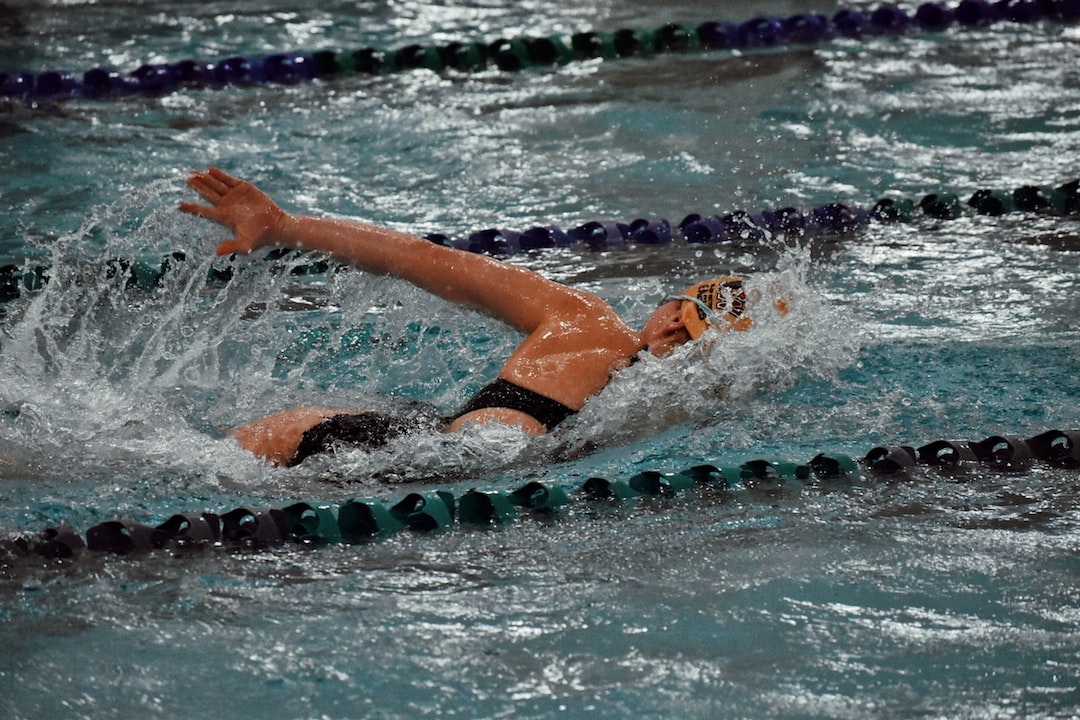When it comes to athletic performance, fueling your body the right way is essential. Proper nutrition plays a significant role in optimizing athletic performance by providing the necessary energy and nutrients to support muscle growth, repair, and overall health. Whether you are a professional athlete or simply enjoy participating in sports and physical activities, here are some tips on how to fuel your body for optimal athletic performance.
1. Prioritize Carbohydrates:
Carbohydrates are the primary fuel source for your muscles and should make up a significant portion of your diet. Complex carbohydrates such as whole grains, fruits, and vegetables provide sustained energy, while simple carbohydrates like fruits and sports drinks offer quick energy for intense workouts. Aim for a balanced mix of both types of carbohydrates to fuel your body for optimal performance.
2. Include Lean Protein:
Protein is crucial for muscle repair and growth, especially after exercise. Include lean sources of protein in your meals, such as chicken, fish, eggs, tofu, or legumes. Consuming protein-rich foods within 30-60 minutes after your workout can aid in muscle recovery and promote better performance during subsequent training sessions.
3. Hydration is Key:
Staying hydrated is of utmost importance for optimal athletic performance. Dehydration can lead to decreased energy levels, impaired concentration, and reduced physical performance. Make sure to drink enough water throughout the day, especially before, during, and after workouts. If you engage in prolonged or intense exercise, consider consuming sports drinks containing electrolytes to replenish lost fluids and minerals.
4. Don’t Forget about Healthy Fats:
Although often misunderstood, healthy fats play a vital role in supporting overall health and performance. Omega-3 fatty acids found in fatty fish, nuts, and seeds help reduce inflammation, enhance cardiovascular health, and support brain function. Include sources of healthy fats in your diet, such as avocado, olive oil, nut butter, and fatty fish like salmon or mackerel.
5. Timing is Everything:
To optimize performance, it’s important to time your meals and snacks appropriately. Eating a meal rich in carbohydrates and protein two to three hours before exercise can provide the necessary energy without causing discomfort. If time is limited, a small snack one hour prior to exercise can also be beneficial. Additionally, consuming a mix of carbohydrates and protein within 30 minutes after workouts aids in muscle recovery and replenishes glycogen stores.
6. Fill Up on Fruits and Vegetables:
Fruits and vegetables are packed with vitamins, minerals, and antioxidants that support overall health and enhance athletic performance. Aim to include a variety of vibrant fruits and vegetables in your meals and snacks to provide essential nutrients, boost immune function, and reduce inflammation.
7. Listen to Your Body:
Everyone is unique, so it’s crucial to listen to your body’s cues when fueling for athletic performance. Pay attention to how different foods make you feel during workouts and adjust accordingly. Some people may find that certain foods, like high-fiber or spicy foods, cause discomfort or digestive issues before exercise. Experiment with different foods and eat what works best for you.
In conclusion, proper nutrition is a key factor in optimizing athletic performance. Prioritize carbohydrates, include lean protein, stay hydrated, consume healthy fats, time your meals appropriately, include a variety of fruits and vegetables, and listen to your body’s cues. By fueling your body with the right nutrients, you can maximize energy levels, enhance recovery, and ultimately perform at your best.


